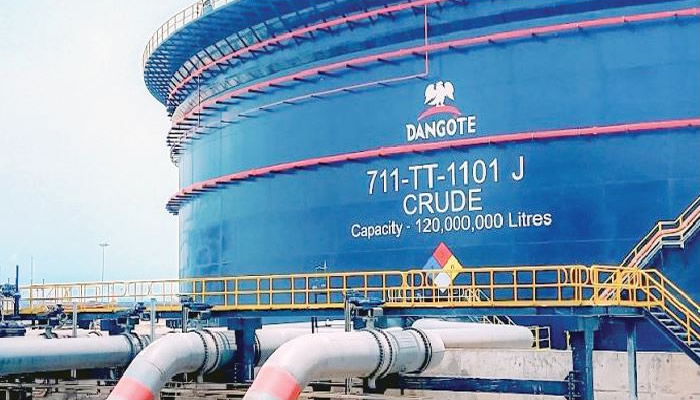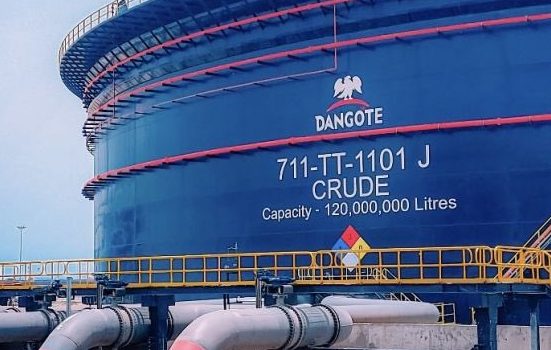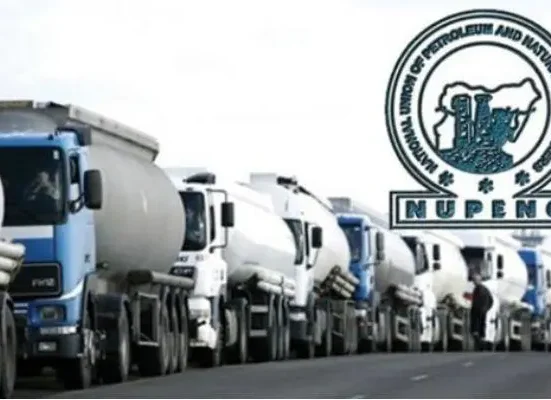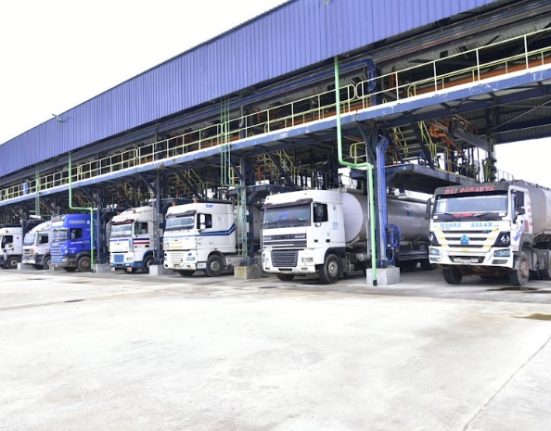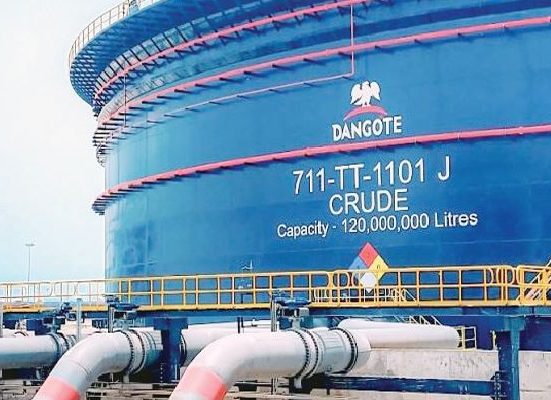Amid rising fears of fuel scarcity in Lagos and other parts of Nigeria, the Dangote Petroleum Refinery has announced the commencement of a nationwide distribution of petrol and diesel starting August 15, 2025.
This move comes at a time when fuel tanker drivers and marketers have vowed to halt loading operations, citing high charges under the Lagos State Government’s newly introduced E-Call Up system. The system, which mandates a fee of N12,500 per truck to regulate vehicle movement along the congested Lekki-Epe corridor, has sparked major backlash from industry stakeholders.
In a statement released on Sunday, Dangote Refinery revealed that it would deploy 4,000 brand-new Compressed Natural Gas (CNG)-powered tankers across the country to ease product distribution and support supply chains. The initiative, which includes free delivery logistics and CNG booster stations, aims to reduce operating costs and eliminate bottlenecks in petroleum product distribution.
According to the company, the programme will be open to petrol station operators, manufacturers, telecom and aviation firms, and other high-volume users. A credit scheme for buyers of 500,000 litres and above has also been announced as part of efforts to stimulate small businesses and revive dormant filling stations.
“This strategic programme is part of our broader commitment to eliminating logistics costs, enhancing energy efficiency, promoting sustainability, and supporting Nigeria’s economic development,” the refinery said.
Tension Over Lagos E-Call Up System
The announcement by Dangote follows mounting tensions in Lagos where the state government insists on implementing the E-Call Up system to manage tanker traffic along the Lekki-Epe axis. The area houses key infrastructure including the Dangote Refinery, Lekki Deep Sea Port, and multiple industrial facilities.
Truck drivers under the National Association of Road Transport Owners (NARTO) and the Independent Petroleum Marketers Association of Nigeria (IPMAN) have pushed back, saying the proposed fee is exorbitant. They instead suggested a N2,500 charge, stating that many of the designated parks lack standard infrastructure and pose safety risks.
NARTO President, Yusuf Othman, warned on Sunday that members would not resume loading operations unless a compromise is reached. “We told our members not to ply the road until we have an amicable resolution with the Lagos State Government,” he said, emphasizing that negotiations were still ongoing.
IPMAN Vice President, Hammed Fashola, echoed similar concerns, accusing the government of rushing the policy without stakeholder consensus or adequate facilities. “Nobody has shown any park to IPMAN, especially on the Lekki-Epe corridor,” he said, suggesting the implementation may be a “job for the boys.”
Fashola insisted that the E-Call Up should be voluntary, not mandatory. He questioned the need for additional parks when refineries like Dangote and Pinnacle already have the capacity to manage their fleet.
“Many marketers have parks attached to their stations. Forcing them to go elsewhere and pay extra makes no sense,” he said.
Implications and Next Steps
With a single major exit route on the Lekki-Epe axis, the situation has raised concerns of a possible fuel crisis if the impasse is not resolved quickly. The Lagos State Government, however, remains firm, stating that the system is aimed at controlling traffic, ensuring safety, and protecting infrastructure from abuse.
Industry watchers say Dangote’s intervention may temporarily ease distribution challenges, but the larger issue of coordination among regulators, marketers, and transport operators must be addressed to prevent long-term supply disruptions.

